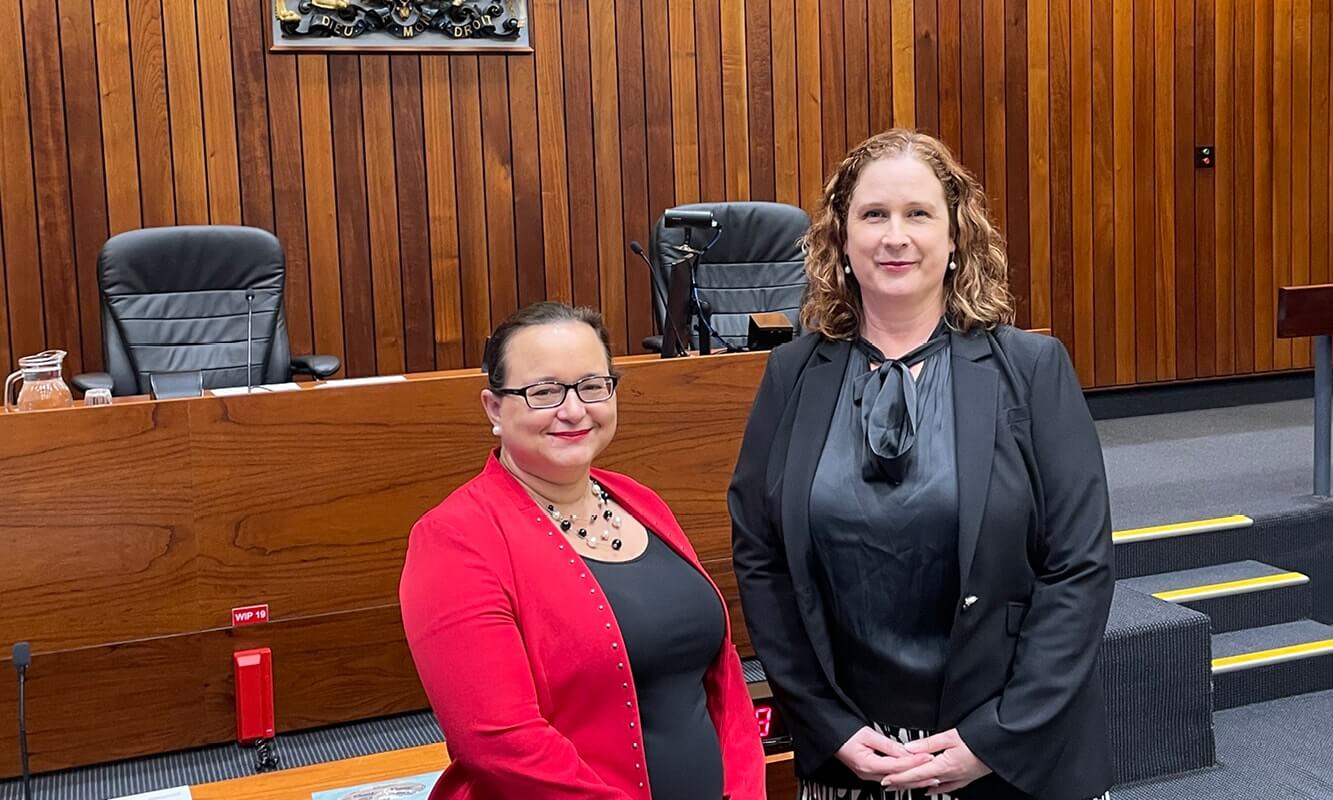“The more you sweat in training, the less you bleed in battle.”
Gavin Aung Than, Zen Pencils
In the first part of this article we considered why succession planning is necessary for principal legal practitioners.
In the absence of a proper plan, what do you think would happen to your practice?
- QLS will manage my practice.
- Lexon will conduct a practice triage.
- It will be okay for a few days until I can get back into the office.
- My wife/husband/partner/colleague/staff will sort it out.
- Nothing.
There is a widespread myth in the legal profession that Queensland Law Society will simply step in and manage your law practice in the event of death or incapacity. It is correct that the Society may intervene in a law practice for the purpose of protecting the interests of the general public and clients, so far as the interests of the lawyers are not inconsistent with the interests of the general public and clients.1
An external intervention may involve the appointment of a supervisor for trust funds,2 the appointment of a manager for the law practice,3 or the appointment of a receiver.4 It also involves the publication of a notice in Proctor to notify the profession and members of the public of the appointment, and usually comes at a substantial cost.
The fees, costs and expenses of the external intervention are payable by the law practice or the deceased practitioner’s estate (which includes (but is not limited to) the salary of the QLS employee plus 20%, non-labour costs, office space, IT equipment, overheads, superannuation, payroll and worker’s compensation).5
By all accounts, external intervention can be a costly experience. The external intervention program ought to be considered by the profession as an option of last resort, not first preference.
The Lexon HelpNow program is a practice triage and is available in emergency circumstances. The aim is to identify matters requiring urgent attention and take steps to reduce risk while that can still be done. Lexon is unable to enter your law practice or assess files without one of the following:
- legal authority from you personally (if you are capable of giving consent), or
- an enduring power of attorney (with a financial power), or
- executor appointed by will (if deceased) for a sole practitioner, or
- a general power of attorney for an incorporated legal practice.
The EPoA and GPoAs do not need to be in favour of a practitioner – just someone you would trust with your affairs as for any power.
So let’s consider the question again – in the absence of a proper plan, what do you think would happen to your practice?
On the death of a sole practitioner, as with any individual, your general office bank account will be frozen upon your death and your estate will need to be administered in order to gain access to those funds (this may require an application for an urgent grant of letters of administration ad colligenda bona pending the issuance of a death certificate and an application for probate in the usual way).
Secondary signing authorities on your accounts will cease upon notification of death to the bank. If your general account is frozen, how and who will pay staff wages, office expenses, client disbursements, personal expenses and mortgage payments, to name a few ongoing expenses?
Similar issues arise with respect to your law practice trust account.
For software programs that require multi-factor authentication, or for which you use biometrics to log-in, how will access to these programs be managed for anyone stepping into your practice on an urgent basis?
It is at this point you might realise just how serious an impact failing to plan may have on your law practice, clients, employees and family.
The death or incapacity of a legal practitioner would justify the legal practice terminating a client’s retainer for “just cause”,6 if the law practice is unable to complete the client’s instructions (although usually there is a concomitant obligation to provide “reasonable notice”).
Consider the effect that terminating all client retainers at once would have on: your clients? Your staff? Your (or your practice’s) ability to meet its financial obligations? And finally, your return on investment into the practice?
Wouldn’t it be preferable to have a plan in place for the client retainers to be completed, or at least for the timely transition of matters to another law practice, perhaps even with arrangements for payment of fees and expenses incurred to date?
It is also worth noting that an incorporated legal practice must appoint a replacement legal practitioner director within seven days,7 or is otherwise required to stop providing legal services.8
In the instance of temporary absence from your practice due to sudden illness or accident, you should consider who might step into your practice – and who has authority to authorise access to your practice.
Generally, the necessary authority will be in the form of a power of attorney – enduring for sole practitioners/partners and general for legal practitioner directors.
You should carefully consider your choice of attorney, including potential conflicts of interest. Perhaps you ought to nominate an alternate attorney as an additional safeguard. If your attorney is another legal practitioner, do they hold (or are they eligible to hold) a principal practising certificate? Do you need to include authorisation of payment of professional fees? If your attorney is not a legal practitioner, perhaps consider whether you should include some additional terms in your power of attorney authorising the attorney to employ a suitably qualified legal practitioner.
These issues may seem overwhelming, and you may feel like you are too busy to address your succession plan right now. We would encourage you to make a start – for 15 minutes a week start documenting your practice processes. Although the process may feel painful, if you need to rely on your succession plan, your future self, family, colleagues, clients and staff will thank you for it.
What issues should you consider in developing your contingency plan?
Download our checklist.
If you would like to discuss the impact that the issues raised in this article may have on your practice, please reach out to our Practice Advisory Service for a complimentary consultation for QLS members at ethics@qls.com.au or submit your expression of interest online today!
Footnotes
1 Legal Profession Act 2007 (Qld) s493(1) (LPA).
2 Ibid s502.
3 Ibid s508.
4 Ibid s515.
5 Queensland Law Society, Queensland Law Society Administration Rule 2005, r24.
6 Queensland Law Society, Australian Solicitors Conduct Rules 2012 (at 1 June 2012) r13.1.3.
7 LPA (n1) s119(1).
8 Ibid s119(3).














Share this article